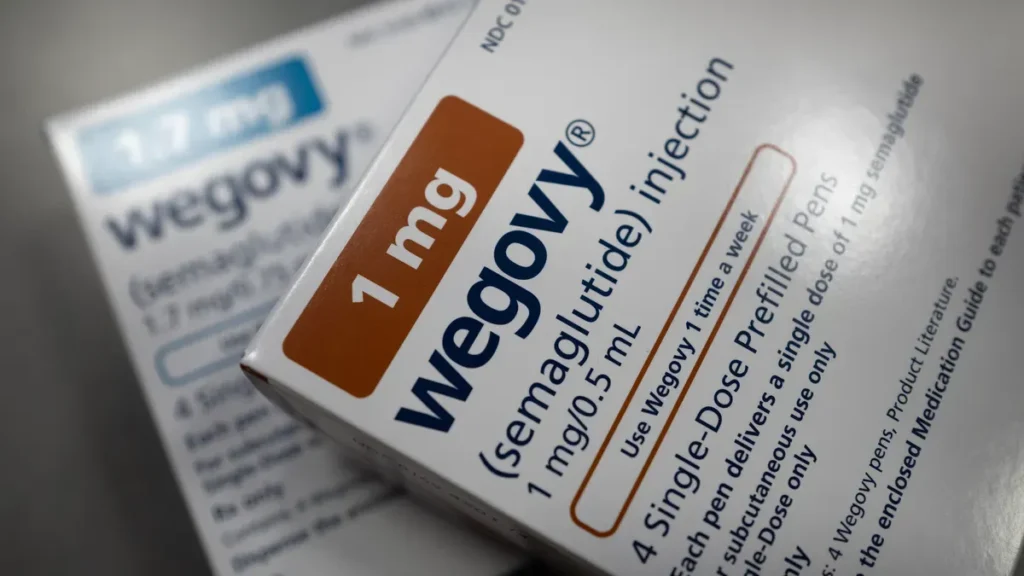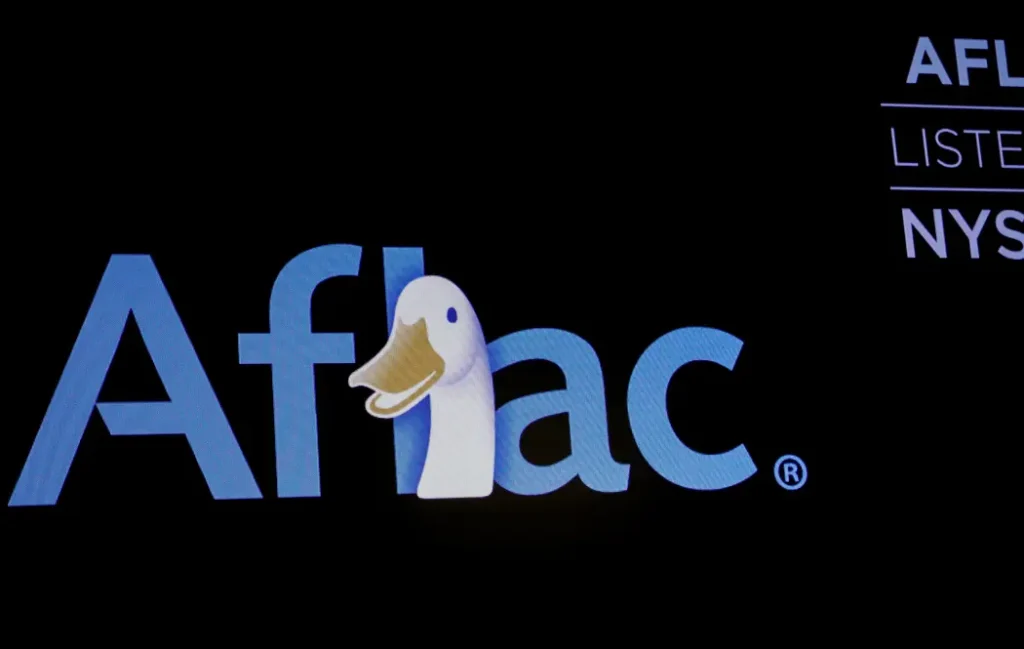In a sharp turn of events for the booming weight-loss drug market, Novo Nordisk has terminated its partnership with Hims & Hers Health Inc., citing the company’s involvement in distributing compounded versions of its blockbuster GLP-1 drug, Wegovy. The news sent HIMS stock tumbling more than 28% in a single trading day, raising serious questions about the future of telehealth providers offering semaglutide-based treatments.
What Happened Between Novo Nordisk and Hims & Hers?
Novo Nordisk, the maker of Wegovy and Ozempic, has been increasingly aggressive in protecting its intellectual property and market dominance in the GLP-1 weight-loss space. On June 20, 2025, the Danish pharmaceutical giant abruptly ended its supply deal with Hims & Hers. This digital health platform had partnered with the pharma firm to distribute legitimate medications, including those for chronic weight management.
In a statement, Novo Nordisk said:
“We have terminated our agreement with Hims & Hers due to their actions involving compounded versions of semaglutide that raise regulatory and safety concerns.”
Novo Nordisk ended its partnership with Hims & Hers after discovering the telehealth company was offering compounded versions of semaglutide. The drugmaker raised concerns over safety and regulatory compliance, leading to a swift stock decline for HIMS.
Full article for citation or linking:
🔗 Read on CNBC
The announcement caught investors and analysts off guard, especially as Hims & Hers has been touting strong growth in its weight-loss vertical.
The Issue: Wegovy Copycat Concerns
At the heart of the dispute are compounded GLP-1 drugs, essentially copycat versions of semaglutide produced by compounding pharmacies. These are often marketed as more affordable or available alternatives when branded drugs like Wegovy are in short supply.
Although legal in certain regulated contexts, Novo Nordisk argues that compounded semaglutide formulations are neither FDA-approved nor clinically tested, potentially endangering patient safety. By allowing compounded versions on its platform, Hims & Hers allegedly undermined both regulatory compliance and patient trust.
Market Reaction: HIMS Stock Plunges 28%
Following the announcement, HIMS stock plunged nearly 28%, closing at its lowest point in months. The drop wiped out hundreds of millions in market value and triggered a wave of investor concern.
Analysts from Morgan Stanley noted:
“This is a significant reputational hit for Hims & Hers. Their weight-loss offering has been a major driver of recent growth, and losing Novo as a partner could stall momentum.”
The stock rout also reverberated across other telehealth platforms offering GLP-1 therapies, including Ro and PlushCare, which could face increased scrutiny in the wake of this high-profile split.
Novo Nordisk’s Legal Strategy: Guarding Wegovy
This is not Novo Nordisk’s first legal maneuver to protect its semaglutide empire. In late 2023 and 2024, the company filed lawsuits against multiple compounding pharmacies and telehealth platforms for allegedly selling unauthorized versions of Wegovy and Ozempic.
In May 2025, a U.S. District Court upheld Novo’s right to enforce its trademarks, setting a legal precedent that now strengthens the company’s stance against unapproved distribution.
For Hims & Hers, being on the wrong side of this crackdown may have long-term legal and reputational risks, particularly if regulators get involved.
What This Means for the Telehealth GLP-1 Market
The boom in GLP-1 drugs for weight loss has created a gold rush in digital healthcare, with many startups marketing semaglutide-based therapies as part of their growth strategy.
However, the line between legitimate prescription and regulatory grey area has grown thin. With Novo Nordisk making an example out of Hims & Hers, other companies may now be forced to reevaluate their sourcing, labeling, and medical oversight practices.
This could usher in a wave of consolidation or regulatory tightening in the online weight-loss space, especially for companies without direct pharma partnerships.
Expert Takes: Legal and Investment Perspectives
According to Dr. Alisha Grant, a regulatory healthcare attorney:
“Telehealth companies need to understand that compounded GLP-1s are a legal minefield. The FDA has warned providers before—this action by Novo could signal broader enforcement coming.”
Investors are also rethinking their assumptions. “This isn’t just about a partnership ending,” said biotech analyst Marcus Lin. “It’s about the fragility of any digital health company that relies on someone else’s patented molecule.”
Can Hims & Hers Recover?
The company released a brief statement claiming its compounded semaglutide offerings are compliant and sourced through licensed pharmacies. However, the loss of Novo Nordisk as a supplier raises deeper concerns:
- Can Hims retain customer trust after a major partner exit?
- Will regulators or class action lawsuits follow?
- Can it quickly pivot to safer or compliant treatment offerings?
In the short term, Hims & Hers faces a tough uphill battle, especially if the weight-loss category comprises a significant portion of projected revenue.
Conclusion: A Wake-Up Call for Digital Health?
As GLP-1 medications reshape the weight-loss industry, telehealth firms are facing increasing pressure to play by Big Pharma’s rules. For Hims & Hers, the fallout from Novo Nordisk’s decision is more than a lost deal—it’s a turning point.
Do you think telehealth companies should have more freedom to offer affordable alternatives, or must they be held to the same regulatory standards as pharma giants? Share your take in the comments.
FAQ
Q: What are compounded GLP-1 drugs?
A: These are pharmacy-made versions of semaglutide (the active ingredient in Wegovy/Ozempic), often used when branded versions are unavailable.
Q: Is Hims & Hers still selling weight-loss drugs?
A: As of now, yes, but under scrutiny. Their continued offering may depend on legal outcomes and partner sourcing.
Q: Why did Novo Nordisk act now?
A: Increased legal wins and a growing crackdown on unapproved GLP-1 alternatives likely empowered them to sever risky partnerships.

